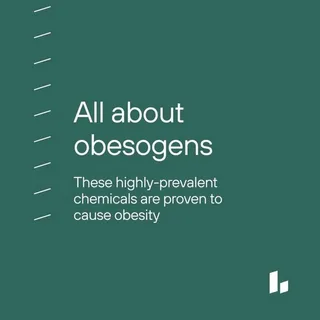Introduction
Milk has been a staple in human diets for thousands of years, valued for its rich content of essential nutrients. However, its health benefits have been a topic of debate among nutritionists, health experts, and the lactose intolerant or dairy-sensitive population. This guide seeks to provide a balanced overview of milk’s nutritional profile, its potential health benefits, and the controversies surrounding its consumption.
Nutritional Profile of Milk
Milk is a rich source of several vital nutrients:
- Calcium: Essential for bone health, muscle function, and nerve signaling.
- Protein: Crucial for muscle repair, growth, and overall body maintenance.
- Vitamin D: Important for bone health and immune function (note that not all milk is fortified with vitamin D).
- Vitamin B12: Necessary for blood formation and brain function.
- Potassium: Helps regulate blood pressure and fluid balance.
- Phosphorus: Important for bones and teeth, and helps the body convert food into energy.
Health Benefits of Milk
Bone Health
Milk is renowned for its high calcium content, essential for developing and maintaining strong bones and teeth. The presence of vitamin D also aids in calcium absorption and bone growth.
Muscle Maintenance and Growth
The high-quality protein in milk contains all the essential amino acids necessary for muscle repair and growth.
Blood Pressure and Heart Health
Milk’s potassium content may help regulate blood pressure, thus reducing the risk of heart disease.
Hydration
Due to its high water content, milk is also a good hydration source.
Concerns and Controversies
Lactose Intolerance
A significant portion of the world’s population is lactose intolerant, meaning they lack the enzyme lactase needed to digest lactose, the sugar found in milk. Consumption can lead to discomfort, bloating, and other digestive issues.
Dairy Allergy
Some individuals have a milk allergy, which is different from lactose intolerance. A dairy allergy can trigger a severe immune response, potentially leading to anaphylaxis.
Hormones and Antibiotics
Concerns have been raised about the use of hormones and antibiotics in dairy farming, potentially affecting human health. Organic and hormone-free milk options are available for those concerned.
Saturated Fat
Whole milk is high in saturated fat, which has been linked to heart disease. Skimmed or low-fat milk options provide a way to enjoy milk’s benefits without the added saturated fat.
Environmental Impact
Dairy farming has a significant environmental footprint, contributing to greenhouse gas emissions, water use, and land degradation. This has led some to advocate for plant-based alternatives.
Expert Opinions
Nutritionists and health experts often emphasize moderation and choosing the right type of milk for your health needs. For those with lactose intolerance or a dairy allergy, lactose-free and plant-based milk alternatives are recommended. The consensus is that milk can be part of a healthy diet if consumed thoughtfully and in moderation.
FAQs
How much milk should I drink daily?
The dietary guidelines suggest about 2-3 servings of dairy per day for adults, but this can vary based on individual health needs and dietary restrictions.
Is milk necessary for a healthy diet?
While milk is a convenient source of several nutrients, these can also be obtained from other foods. A well-planned diet with or without milk can meet nutritional needs.
Can I drink milk if I am lactose intolerant?
Lactose-free milk and plant-based milk alternatives like almond, soy, or oat milk are suitable for those with lactose intolerance.
Is organic milk better than regular milk?
Organic milk is produced without synthetic hormones, pesticides, or antibiotics, which some consumers prefer for health and environmental reasons. Nutritionally, organic and non-organic milk are very similar.
Does milk cause mucus production?
This is a common myth, but there’s little scientific evidence to support that milk consumption increases mucus production in the general population.
Is plant-based milk healthier than dairy milk?
Plant-based milks offer different nutritional profiles and can be healthier options for those with dairy allergies or lactose intolerance. However, they may lack certain nutrients found in dairy milk unless fortified.
What’s the environmental impact of milk production?
Dairy farming does have a significant environmental footprint. Reducing consumption, choosing products from sustainable sources, or opting for plant-based alternatives can help mitigate these impacts.
Conclusion
Milk can be a nutritious component of your diet, offering essential vitamins and minerals necessary for good health. However, individual dietary needs, health conditions, and personal values (such as environmental concerns) may lead some to seek alternatives. As with any dietary choice, it’s important to consider a variety of factors, including nutritional content, personal health, and environmental impact.
- Nu-Derm Skin System Near Bourne, Surrey - June 1, 2025
- What Happens When Age Gaps Appear In Romantic Partnerships? - June 1, 2025
- Sculptra Surrey – Collagen Stimulation Therapy Near Bisley, Surrey - May 31, 2025




